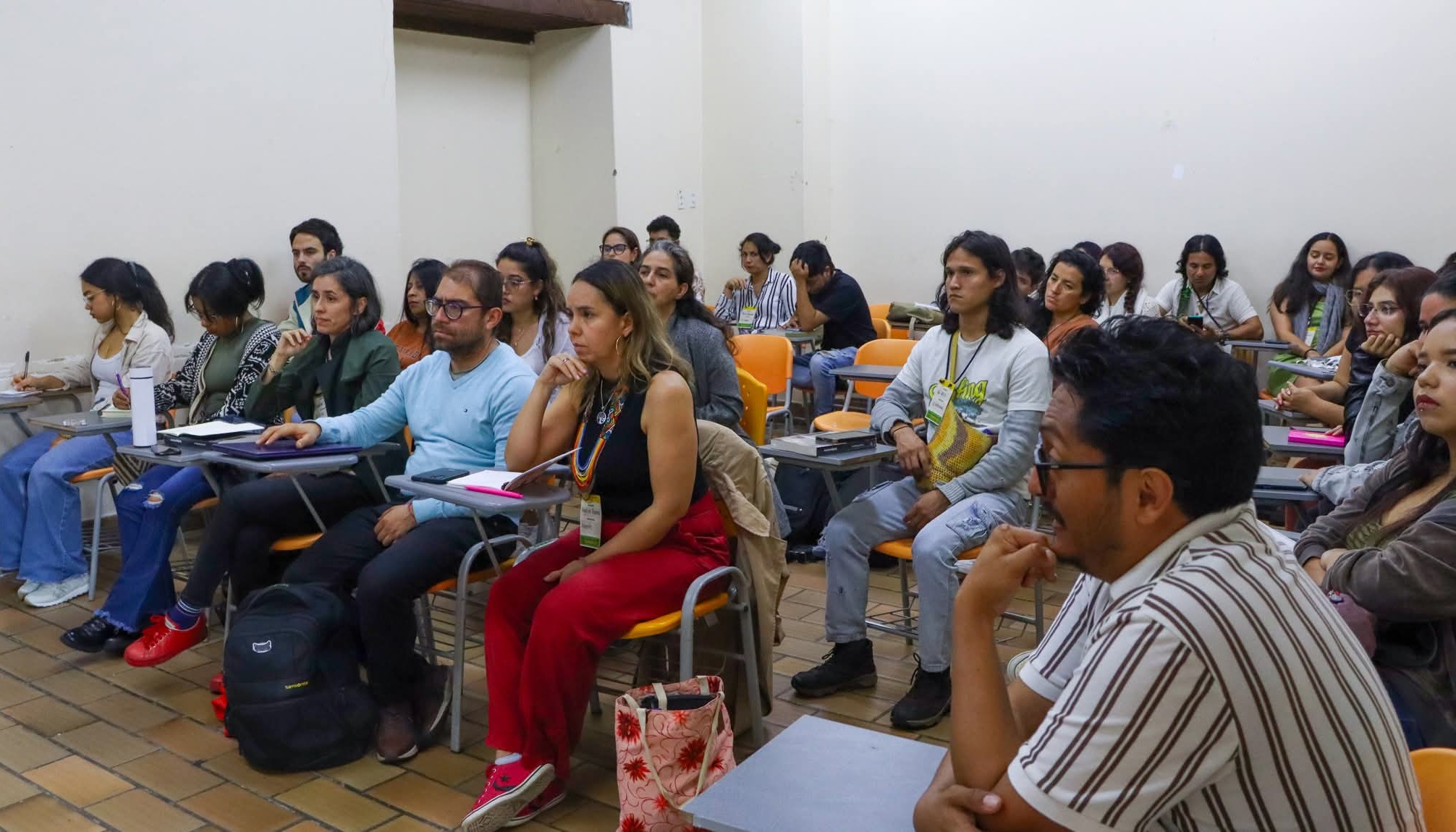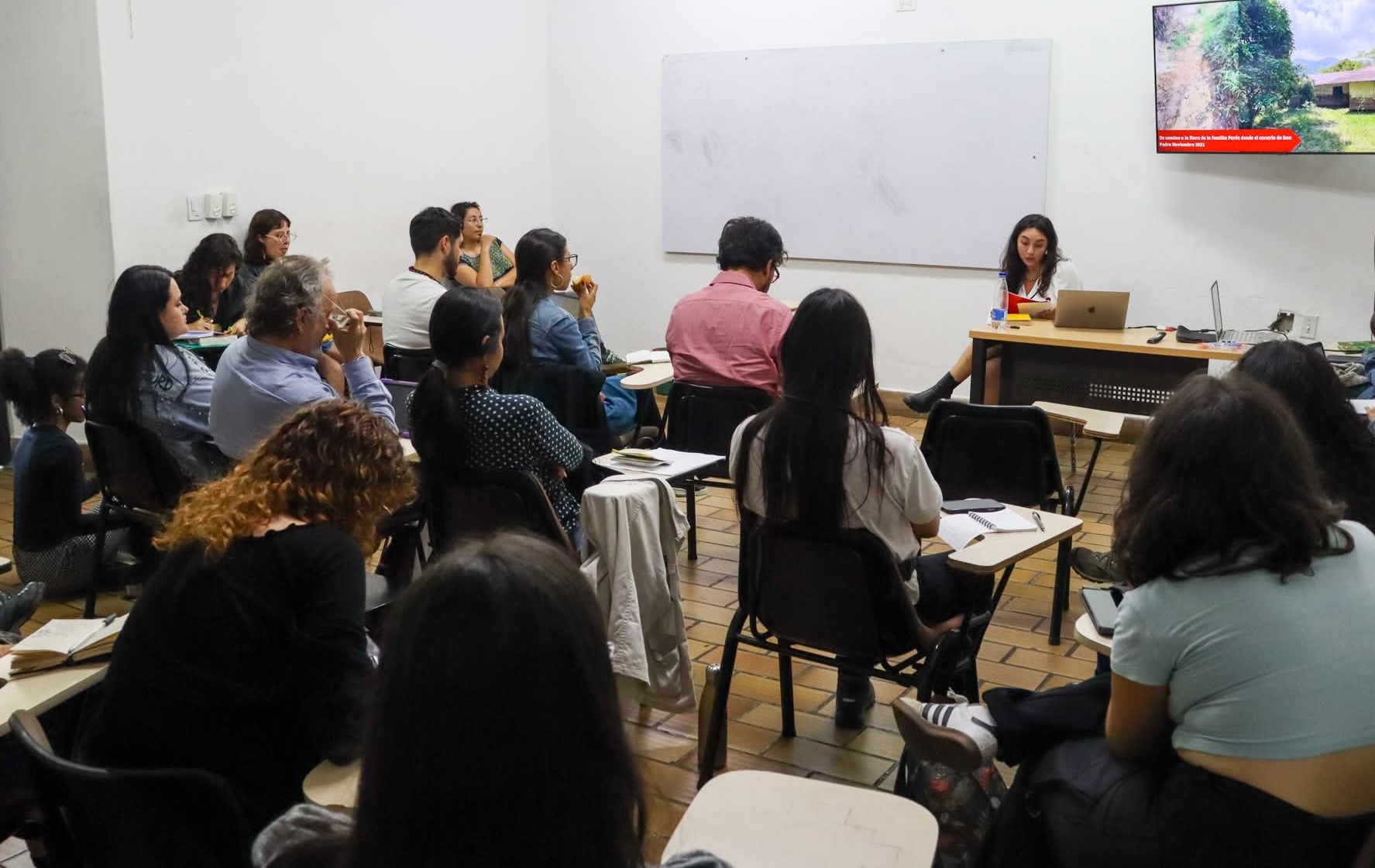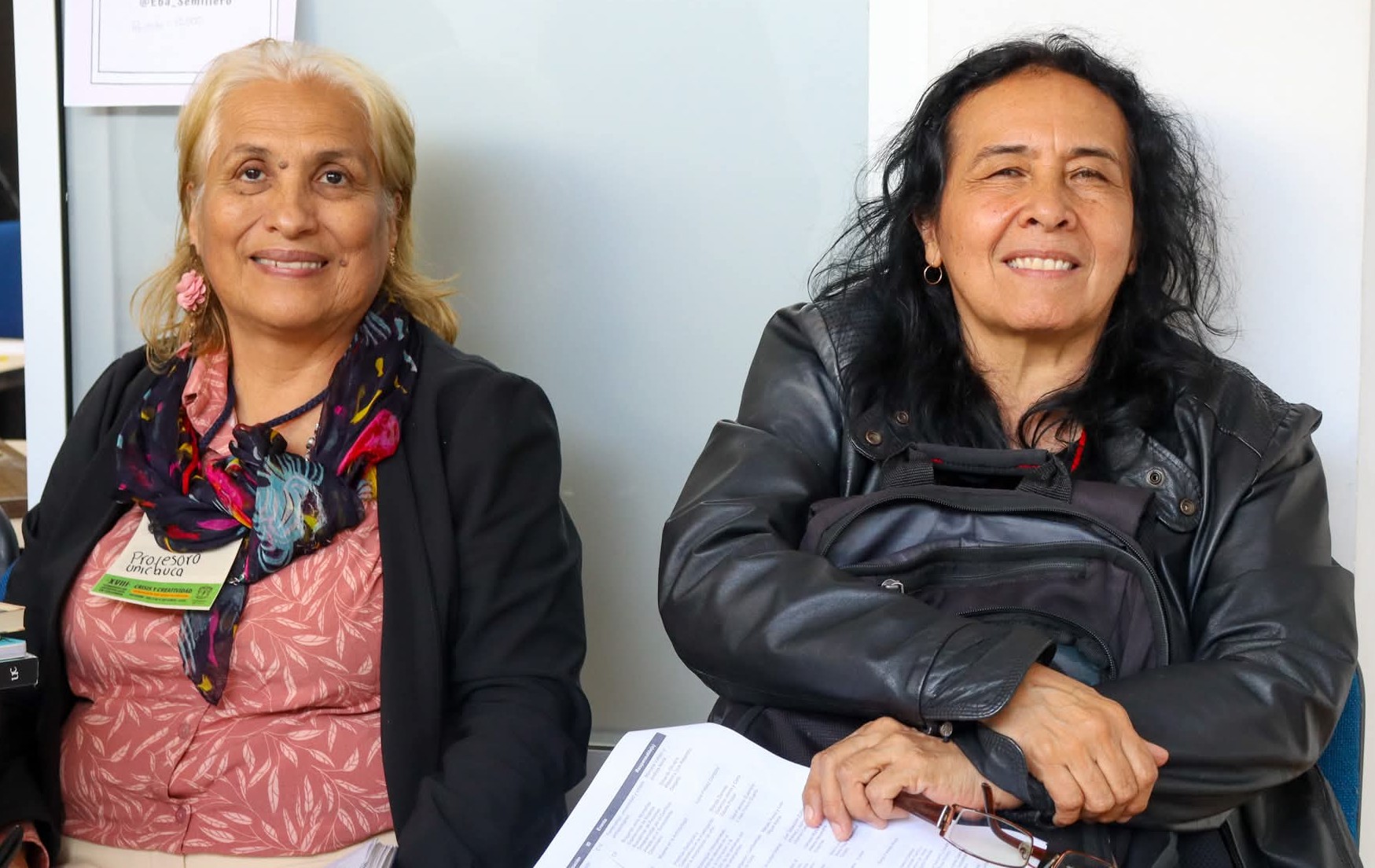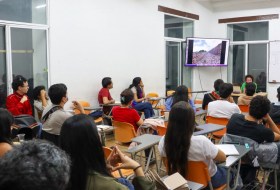News
Popayán was the house of reflection on crisis, creativity, and transformation: this is how the 18th Colombian Congress of Anthropology was experienced
From June 3 to 6, 2025, the University of Cauca became the epicenter of a unique gathering that brought together researchers, students, activists, and communities around an anthropology that not only analyzes the world but also seeks to transform it.
Under the slogan “Crisis and Creativity: Anthropologies for Worlds in Transition,” Popayán was, for nearly a week, the stage for intense reflections on the major social, cultural, and environmental challenges we face today. The congress explored how crisis from the pandemic to environmental collapse is a structural reality, but also how creativity emerges as a vital force to imagine and build alternative futures. Without a doubt, this approach encouraged a shift from theoretical reflection to a situated, critical anthropology capable of influencing processes of social transformation.

Provided photo
This event, organized by the Department of Anthropology and the Faculty of Human and Social Sciences of the University of Cauca, with the support of the Center for Continuing, Open and Virtual Education (CECAV) and strategic allies such as the Cultural Center of the Bank of the Republic, successfully brought together outstanding figures in the anthropological and artistic fields, such as:
- Myriam Jimeno: Colombian anthropologist, expert in social conflict and emotions.
- Andrés Góngora: Chief curator of the National Museum of Colombia, specialist in heritage and memory.
- Adela Goldbard: Mexican artist known for her community performances as acts of aesthetic resistance.

Provided photo
And as if this stellar lineup weren’t enough, the Congress also embraced pedagogy and social outreach through activities such as the workshop “Archaeology for Girls and Boys,” conducted by the Colombian Institute of Anthropology and History (ICANH) in the Children’s Room of the Bank of the Republic, as well as an anthropology book exhibit organized by its publications division. In addition, the traveling exhibition “People of Putumayo Tell Their Stories... Journeys, Exchanges, and Struggles” was presented a co-creation experience that brings together voices, photographs, and objects across seven narrative devices, open through September at the University.
Furthermore, in line with our social commitment as an academic institution, the traveling exhibition of the Unit for the Search of Persons Deemed as Missing (UBPD) was also presented at the Pantheon of the Patriots, strengthening ties between historical memory and academia.

Provided photo
In summary, these were four intense days filled with symposia, working groups, workshops, panel discussions, and audiovisual showcases that promoted transdisciplinary dialogue among academia, communities, and social movements.
This congress reaffirmed that anthropology is much more than theory: it is a living tool for interpreting and transforming realities. From Popayán, a clear invitation was launched: to act from within transition to build a fairer and more creative world.
Would you like to know more? Visit the official event website to access more information and explore the congress proceedings.
Written by: Center for Communications Management


